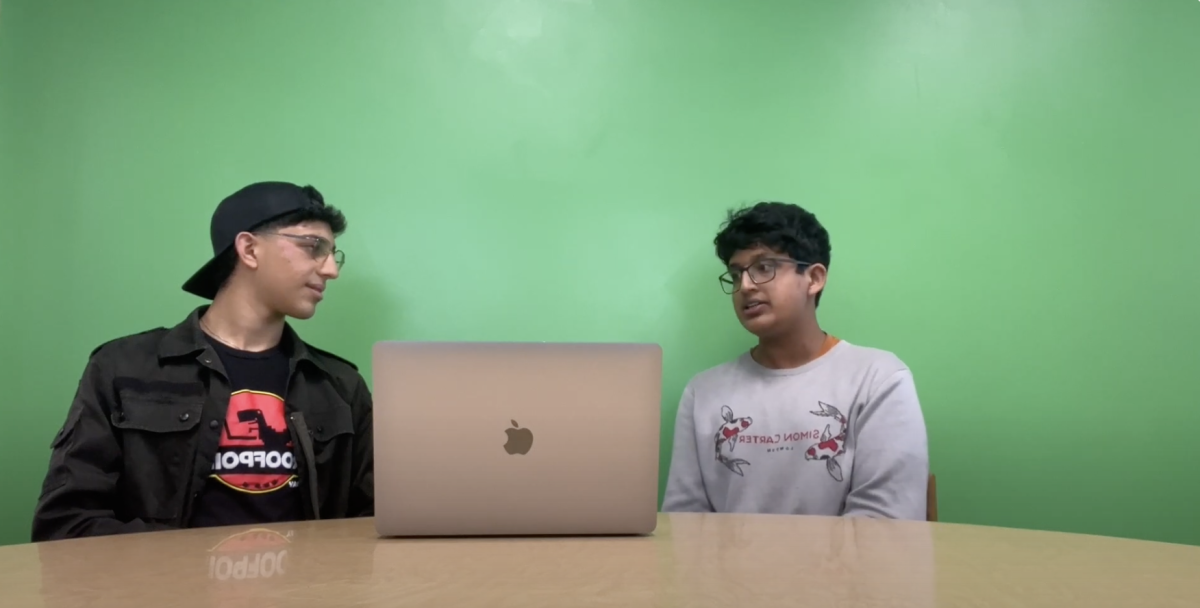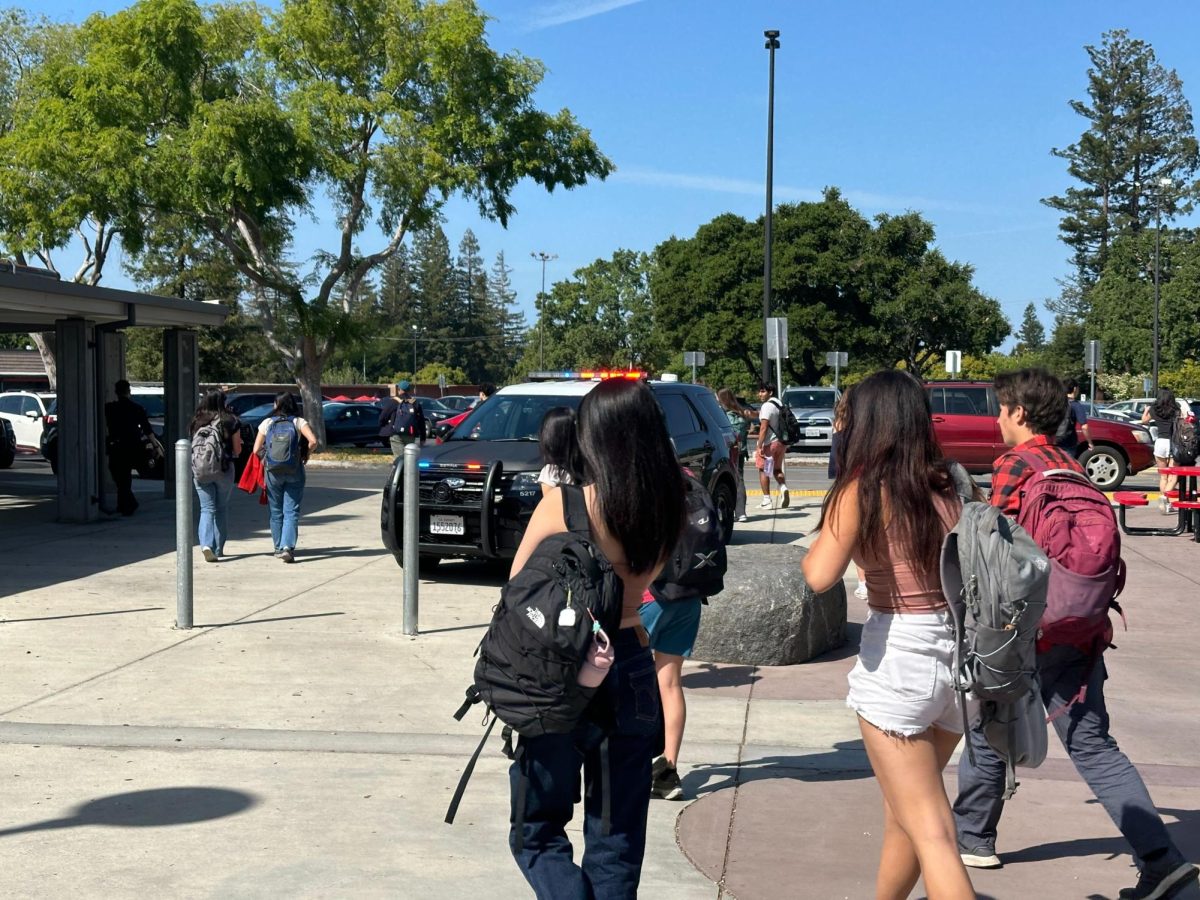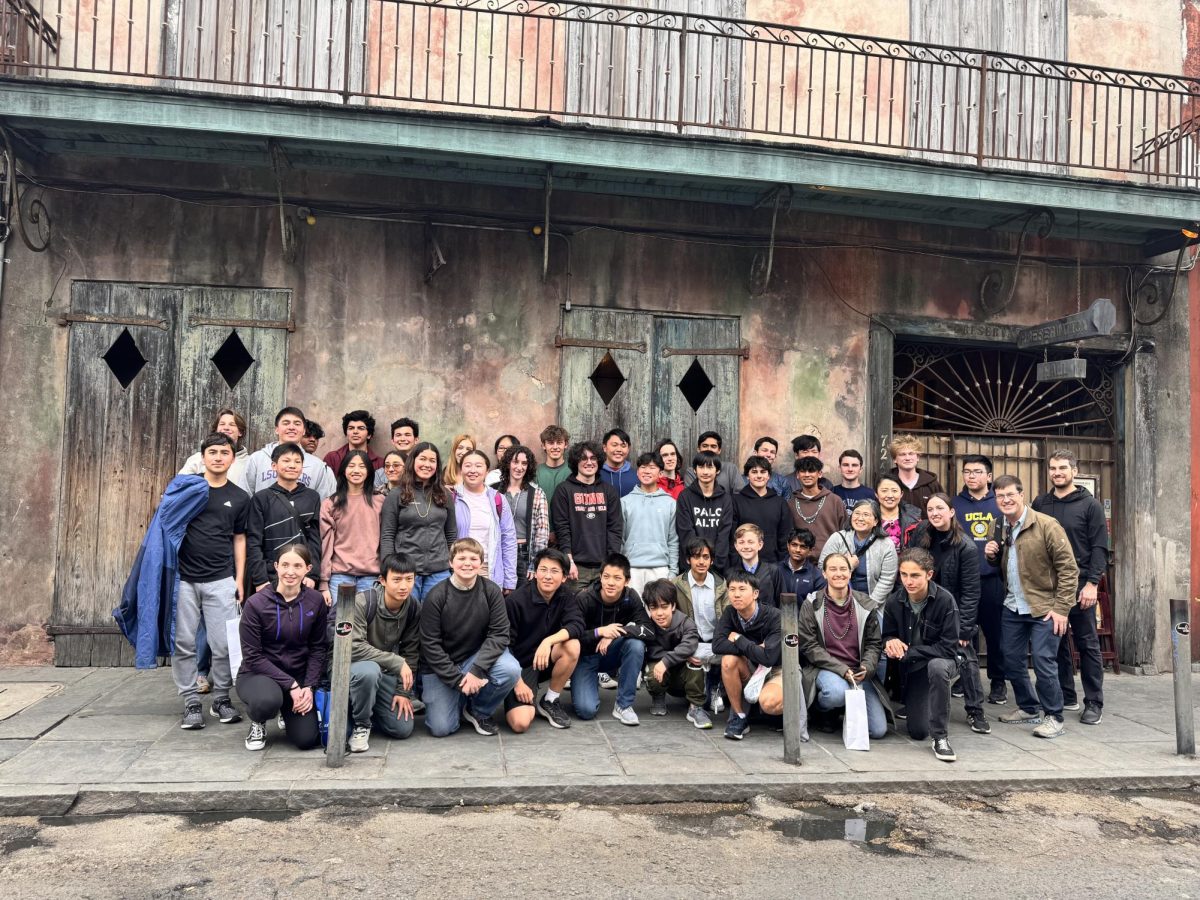At Gunn’s March 12 site-council meeting, parents, students, staff and administrators discussed state-mandated testing, mental health surveys, summer homework, AP class rigor and a shift from grade- to mastery-oriented learning. With the California Assessment of Student Performance and Progress planned for the week of March 25, the meeting focused on the importance of student participation.
According to the CAASPP Parent Information Night slideshow, CAASPP test data measures PAUSD’s “equity, access and opportunity growths and weaknesses for student subgroups.” The federal funding Gunn receives also depends on the CAASPP test: If the participation rate drops below 95%, the school won’t receive funding and will thus have less money to work with. Junior Site Council Representative Chloe Wang noted that state testing allows PAUSD and Gunn to better understand and address students’ educational needs.
“(State testing) allows funding to be allocated properly, targeted strategies to be created and evidence-based innovation to thrive so that every student can succeed at our school,” she told The Oracle.
In an interview with The Oracle, Principal Dr. Wendy Stratton voiced concerns about students’ failure to participate.
“By not taking the assessment, it’s actually undermining (Gunn’s performance) because then you are given a zero, and that averages into the rest of our overall score for Gunn and brings us down automatically,” she said.
According to the CAASPP Parent Night Information slideshow, state testing is also a way for students to qualify for the State Seal of Biliteracy and the Golden State Seal Merit Diploma, as well as bypass introductory English and math courses at California State schools. Stratton added that testing can also affect students’ college applications.
“Look at it from a college’s perspective, like, ‘I have two of the same students with the same profile, and roughly a similar transcript, but they’re coming from two different schools,’” she said in an interview. “A college may say, ‘I’m going to pull up those two schools to see how they perform. Is it the same?’”
With these motivations, Stratton encourages students to take — and do their best on — the CAASPP.
“There’s nothing to lose by trying, and so in a way it’s like engaging in an assessment or giving your attention to something because you have to do it anyway,” she told The Oracle. “I’m hoping that we get a true reflection of our impacts, so that we can reflect on our ways.”
The meeting also shifted gears to other topics, including mental health and summer homework for advancement placement classes. Sophomore Site Council Representative Deven Sharma believes the mental health programs at Gunn have improved since the beginning of the year.
“I feel that mental health has improved and I do feel that people are reaching out more and getting the support they need,” he said in an interview. “The resources that we have really helped, like the Wellness Center and the therapists. I feel like talking to a friend really, really helps too because I know if I’m stressed out, talking to them makes me feel better.”
The next site council meeting will be April 16’s Data Night.




















